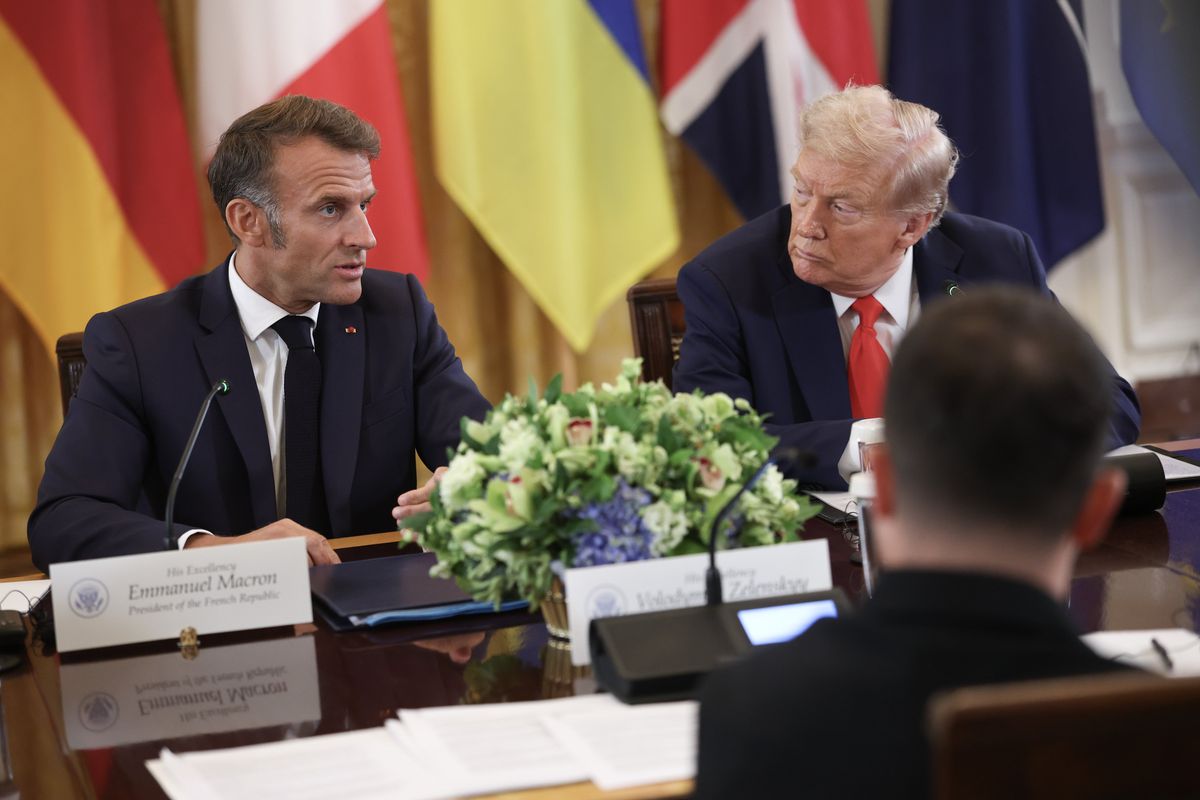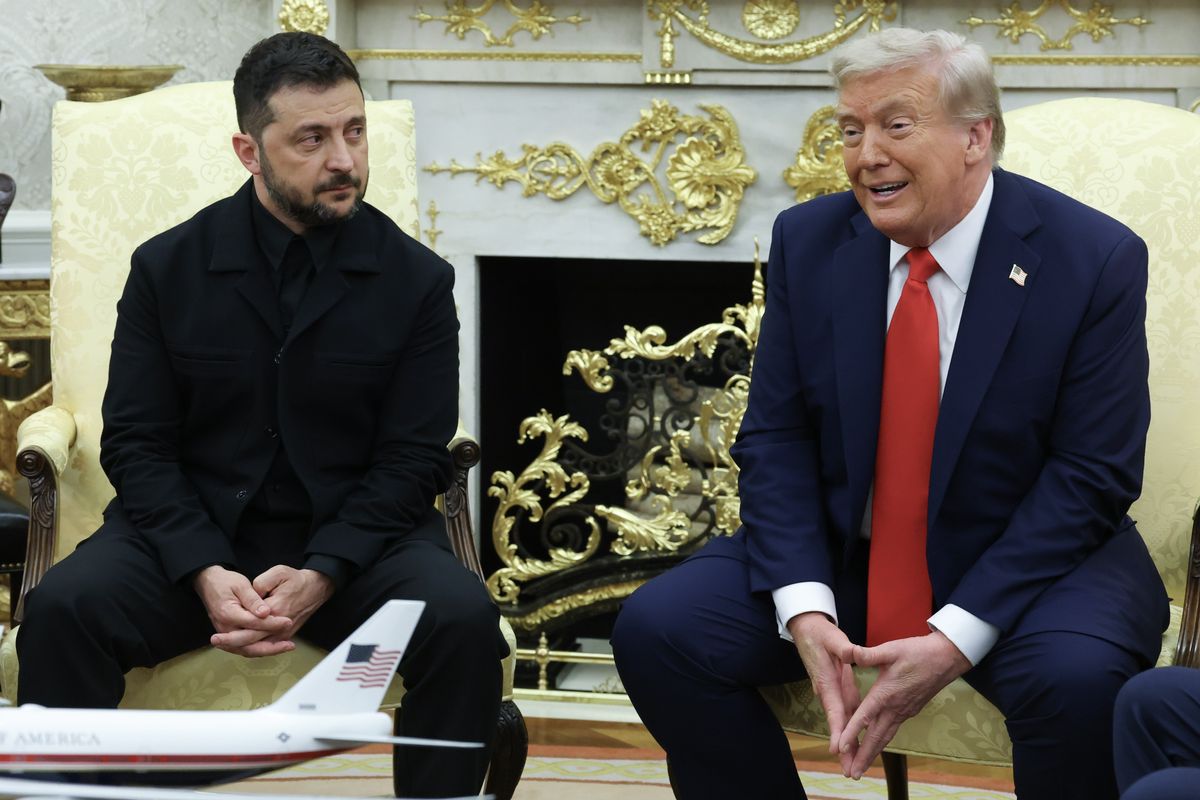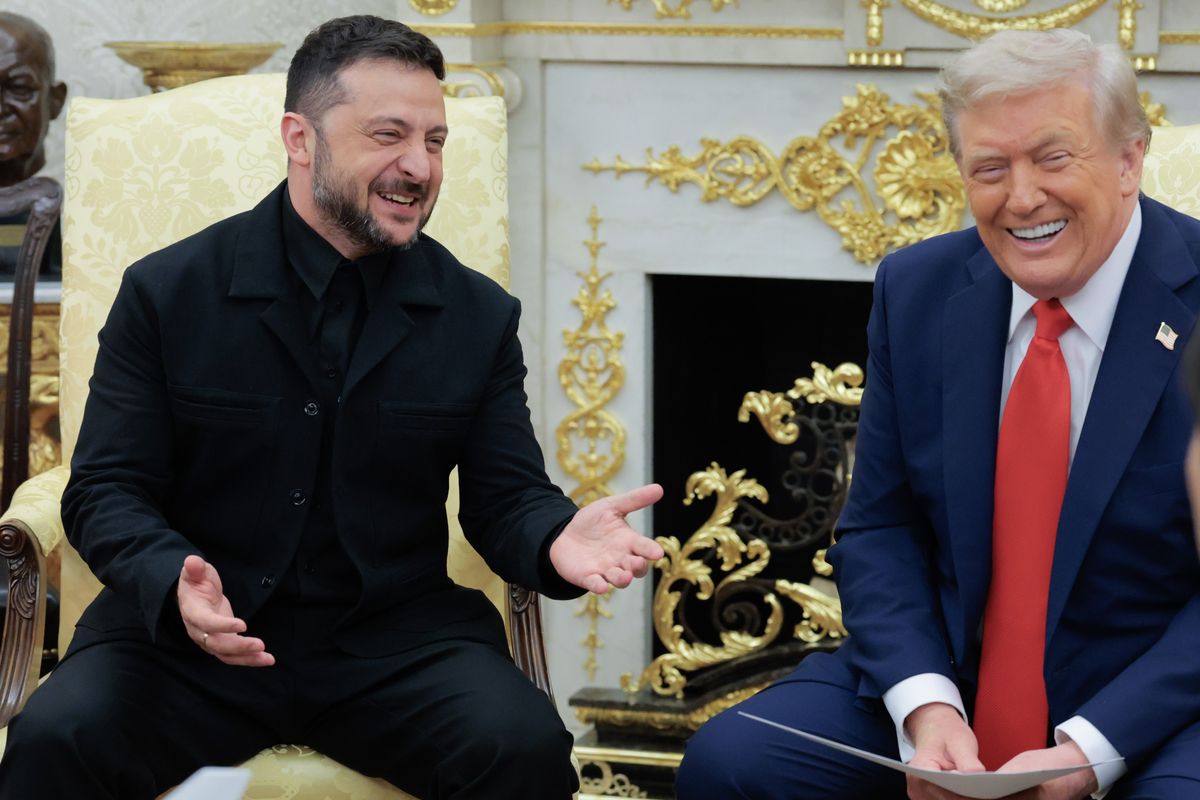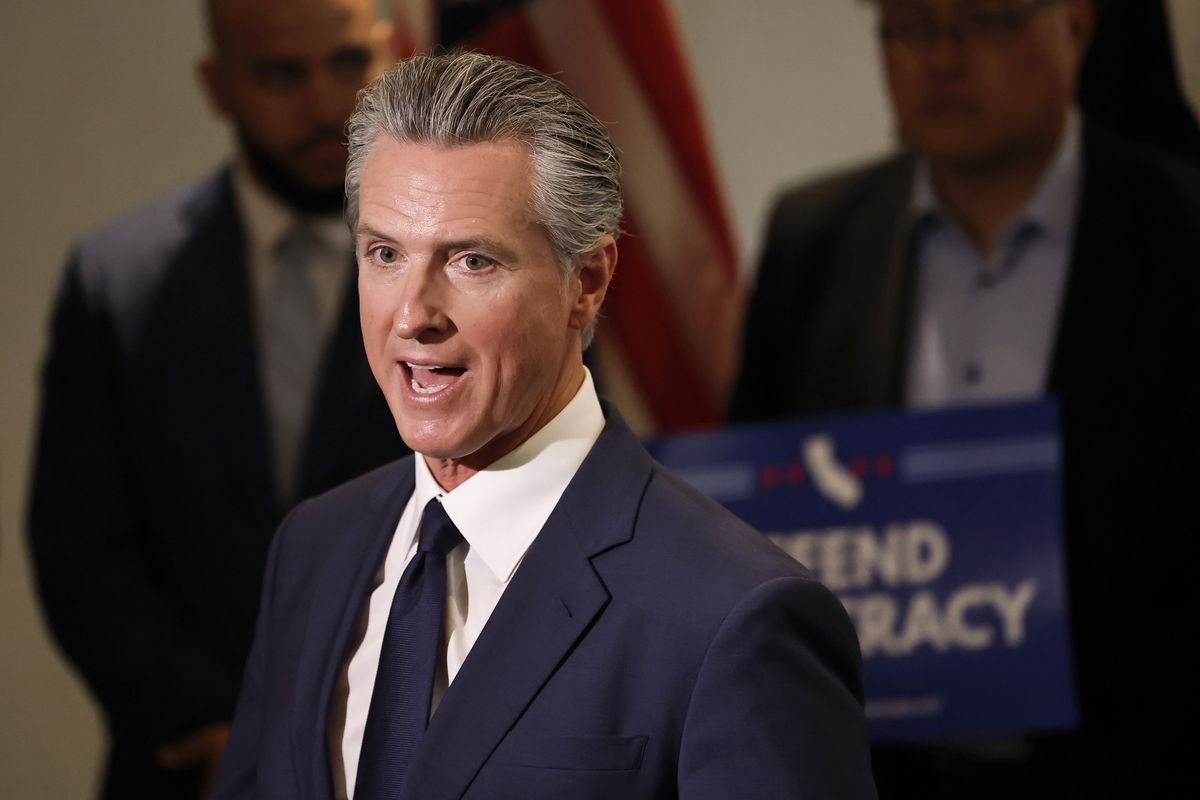News
James Cusick (edited
Oct 04, 2014
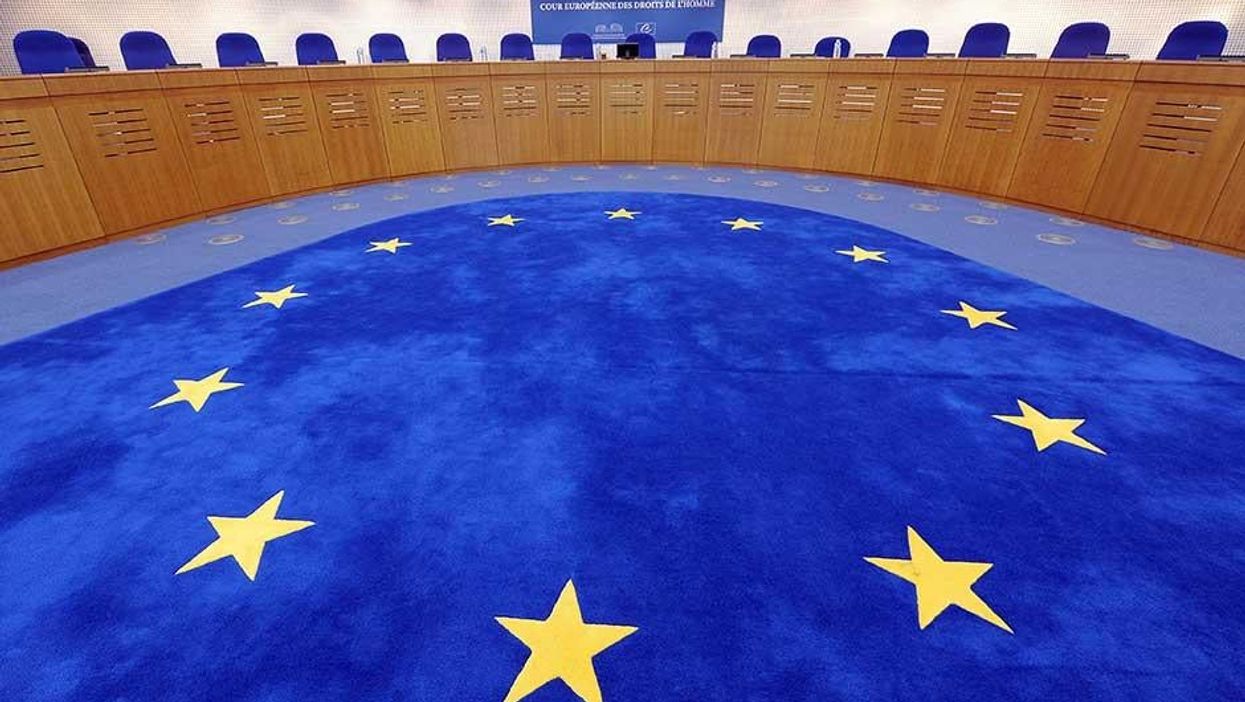
What has the ECHR ever done for us? Apart from improving human rights in a way most of us take for granted, and building on Magna Carta, the 1689 Bill of Rights, everything Thomas Jefferson wrote and that the UN stands for – probably nothing much.
Human Rights
The 1998 Human Rights Act (HRA) required UK courts to act in ways that were compatible with the European Convention on Human Rights (ECHR). Expensive and often-lengthy court proceedings in Strasbourg were no longer always necessary.
The Act has been used to hold the police to account for failing to investigate rape and human trafficking, it triggered the change in the law that prevented rape victims from being cross-examined by their attacker, and it helped to establish the right to an independent investigation for deaths in prison.
Key case: In 2008, the Grand Chamber in Strasbourg heard the case of “S and Marper vs UK”. For four years, anyone arrested in England, Wales or Northern Ireland had a DNA sample taken and held in the National DNA Database. Even if charges were dropped or discontinued, the record remained.
The court ruled that indiscriminate retention of fingerprints and DNA failed to balance public and private interests. It said there was “disproportionate interference” with the right to respect for private life and was unnecessary in a democratic society.
Education and children’s rights
Both the HRA and the ECHR have been deployed to uphold the rights of children. Their rulings have meant compensation for minors who were abused but ignored by social services, upheld the rights of children to express their religious faith, and supported families fleeing domestic violence.
Key case: In 2002, “Z and others vs UK” examined social services’ duty to protect children from torture. Z and her three siblings had suffered years of “horrific” neglect and abuse by their parents. Reports were ignored. The children were placed in emergency care five years after the first complaints.
The court ruled that Article 3 of the ECHR – the prohibition of torture, inhuman and degrading treatment – had been breached. The UK had failed to protect the children from ill-treatment, and should have known of the extreme neglect. That no system was in place to compensate the children was also a breach of Article 13 of the ECHR – the right to an effective remedy.
Health
Human-rights laws have helped to trigger the right to access to life-saving drugs, held hospitals to account when lapses in mental-health treatment have resulted in suicide, and given same-sex partners the equivalent rights and status as heterosexuals.
In the Mid Staffordshire scandal, 100 claims were made in 2011 using the HRA which alleged that the gross or degrading treatment of mostly elderly people at the hospital had caused or hastened their deaths.
Key case: In “Rabone vs Pennine”, the UK Supreme Court heard in 2012 how Melanie Rabone suffered from depression and was admitted to hospital following a suicide attempt. She was assessed as a high risk, but was allowed home leave. She killed herself during the leave.
In the legal case brought by Melanie’s parents against the Pennine Care Foundation Trust, the court ruled that the trust had a duty under Article 2 of the HRA – the right to life. It should have taken steps to protect Melanie from the “real and immediate” risk of suicide. It failed in its assumed responsibility for an at-risk person.
Defence and foreign affairs
Rights enshrined in the ECHR have been deployed to ensure that inquiries into civilian deaths in Iraq at the hands of British troops have been in-depth and independent. Article 2 of the ECHR – the right to life – was used to establish that any failure properly to equip British soldiers serving abroad would constitute a breach of their rights.
Key case: “Smith & Grady vs UK” in 1999 dealt with the case of two men in the UK military who were dismissed because of their homosexuality. It was MoD policy. A judicial review of the policy was unsuccessful and an appeal was refused.
The two men’s right to respect for their private lives and to be free from discrimination (Articles 8 and 14) was argued in the House of Lords. The court said that there had been “exceptional intrusion” in the men’s private lives – and ruled their rights had been violated.
Local government
The HRA has been used to stop councils from misusing CCTV surveillance, prevented local authorities from spying on parents believed to be subverting catchment-area rules for schools, and has been wielded against councils who have closed libraries and bypassed the rights of the disabled and the elderly.
Key case: “Hillingdon Council vs Neary” involved a 21-year-old man with autism and severe learning disabilities who lived with his father. When his father became ill, the man was moved into a local-authority support unit. It was intended to be for a few weeks until his father recovered. A year later, he was still being kept at the unit – against his father’s wishes.
Under Article 8 – respect for private and family life – the Court of Protection ruled in 2011 that the removal of vulnerable adults from their relatives or carers could be justified only if the quality of care were better.
Keeping the man away from his father for a year was judged to be in breach of his rights to family life. Article 5 of the HRA (the right to liberty and a quick decision by a court) was also ruled to have been violated.
More: How much do you actually know about the Human Rights Act?More: What lawyers say about the Human Rights Act versus what the media says
Top 100
The Conversation (0)







